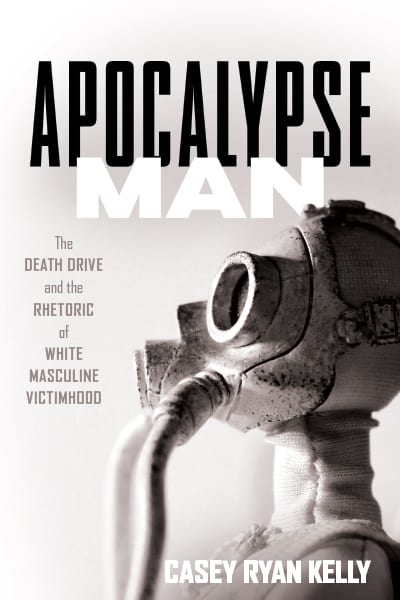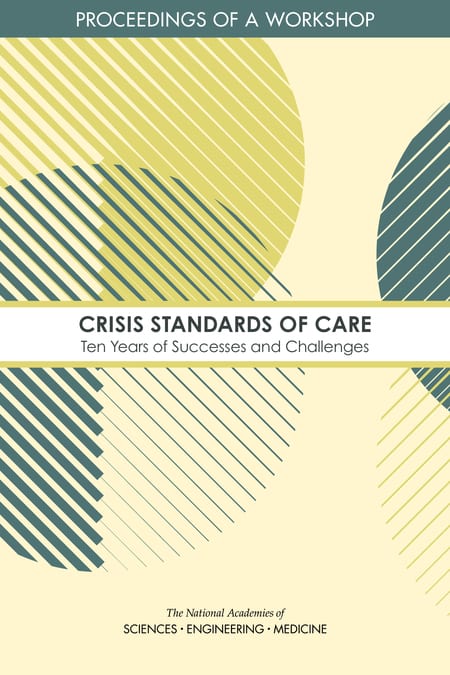
Crisis Standards of Care: Ten Years of Successes and Challenges: Proceedings of a Workshop

news, new scholarship & more from around the world

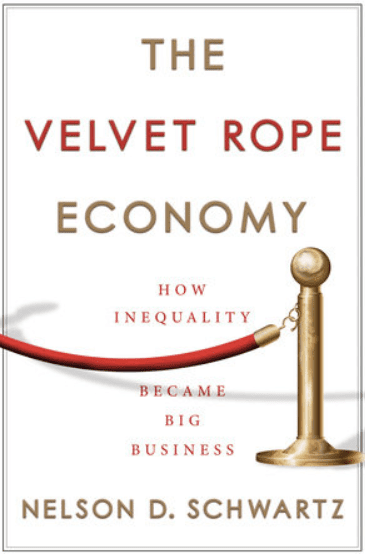

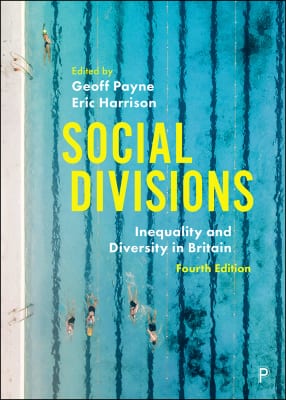

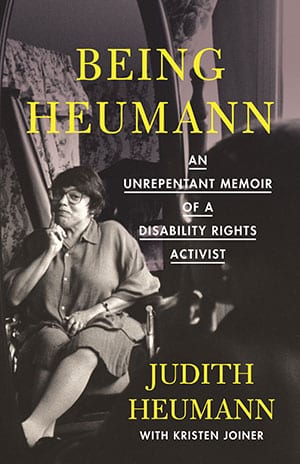
One of the most influential disability rights activists in US history tells her personal story of fighting for the right to receive an education, have a job, and just be human.

Split makes sense of our world by looking at class society – delving into the deep-rooted economic inequalities that shape our lives. From the gig economy, rising debt and the housing crisis that affects the majority of people, to the world of tax havens and unfair inheritance that affect the few.
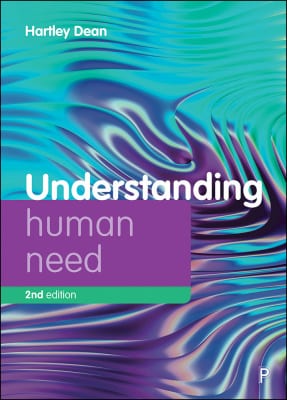

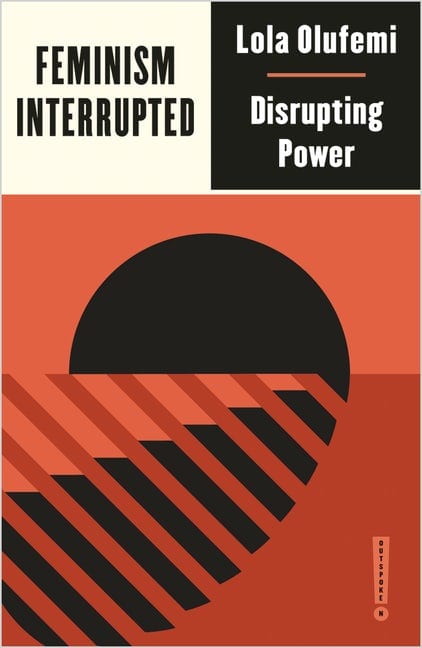
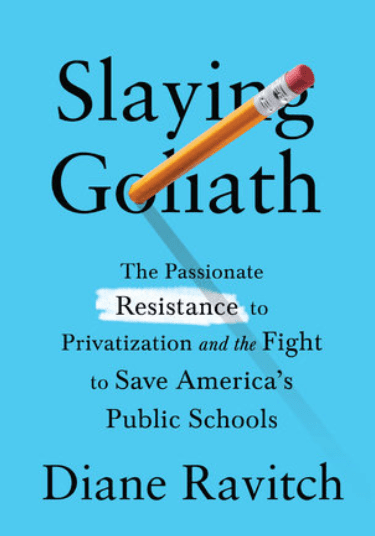
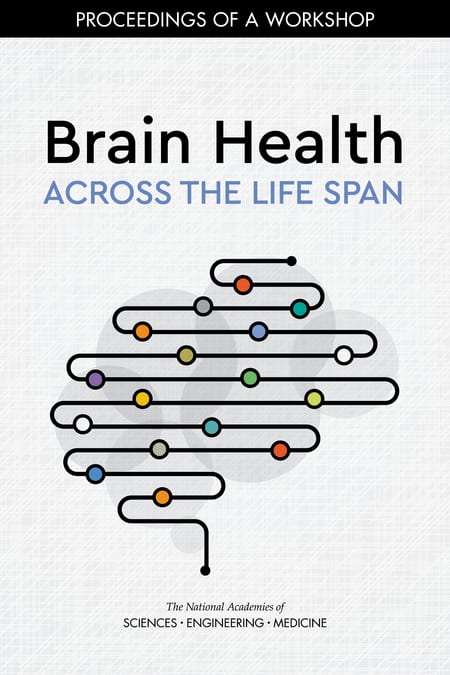



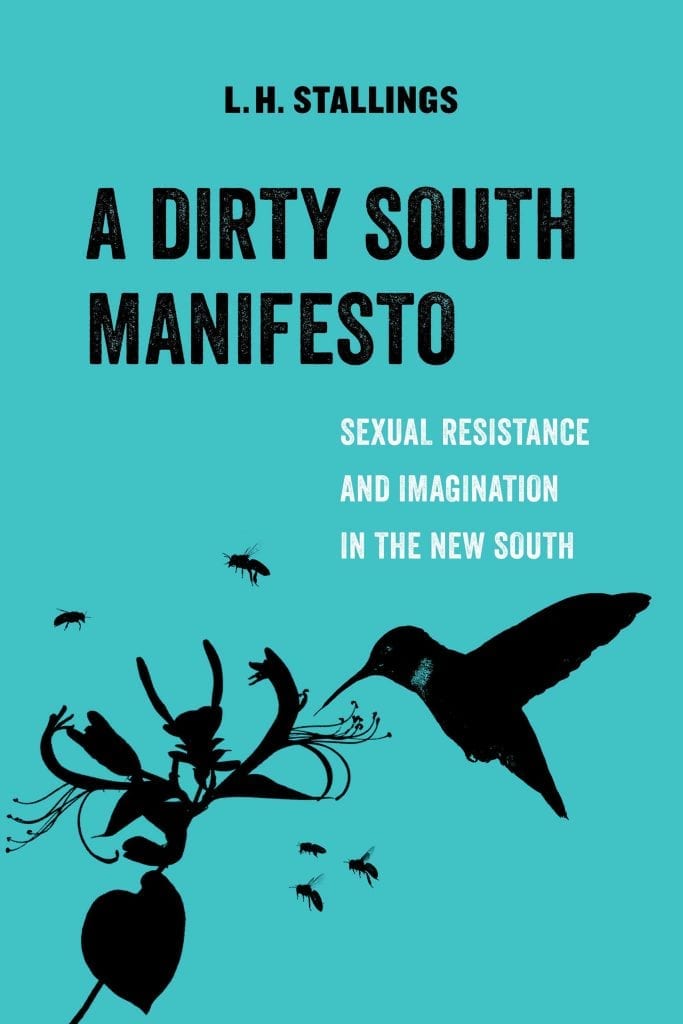
From the shutdown of Planned Parenthood clinics and rising rates of HIV to opposition to marriage equality and bathroom bills, the New South is the epicenter of the new sex wars. Antagonism toward reproductive freedom, partner rights, and transgender rights has revealed a new and unacknowledged era of southern reconstruction centered on gender and sexuality.

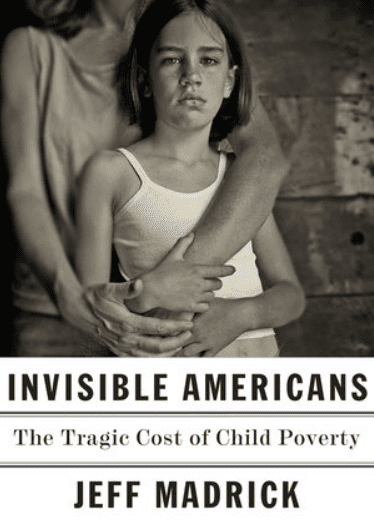
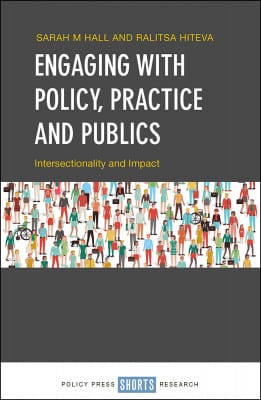


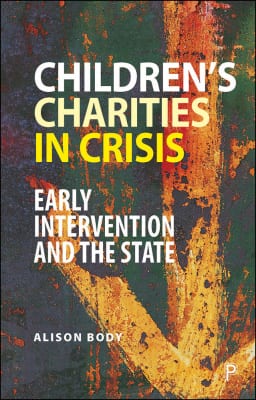

Research Methods in Social Work, authored by Dr. David Royse, Professor in the College of Social Work at the University of Kentucky, is one of seven textbooks to earn the McGuffey Longevity Award, which recognizes textbooks and learning materials whose excellence has been demonstrated over time.

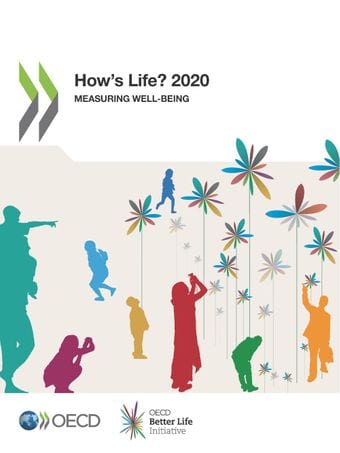



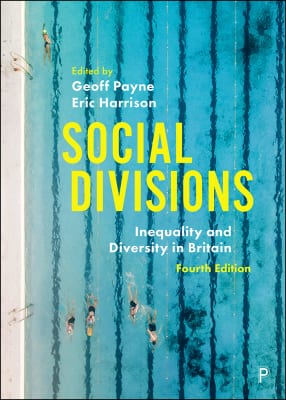

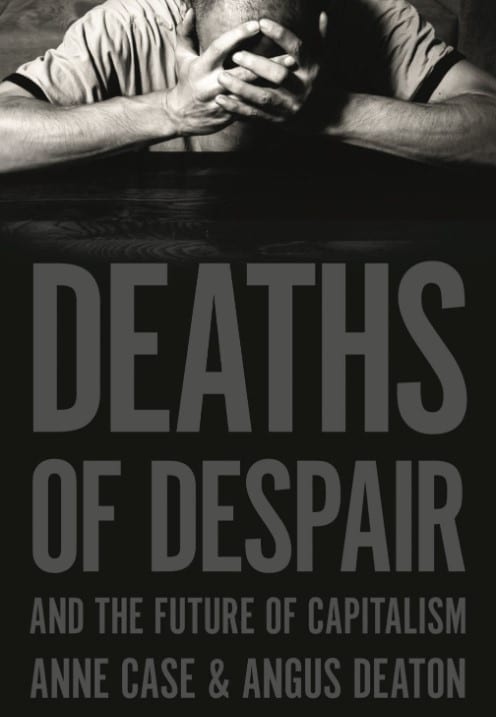
Deaths from suicide, drug overdoses, and alcohol-related disease among middle-aged white men and women skyrocketed from 30 per 100,000 in 1990 to 92 per 100,000 in 2017. The spike in these deaths is almost exclusively confined to white Americans, both men and women, without a college degree.
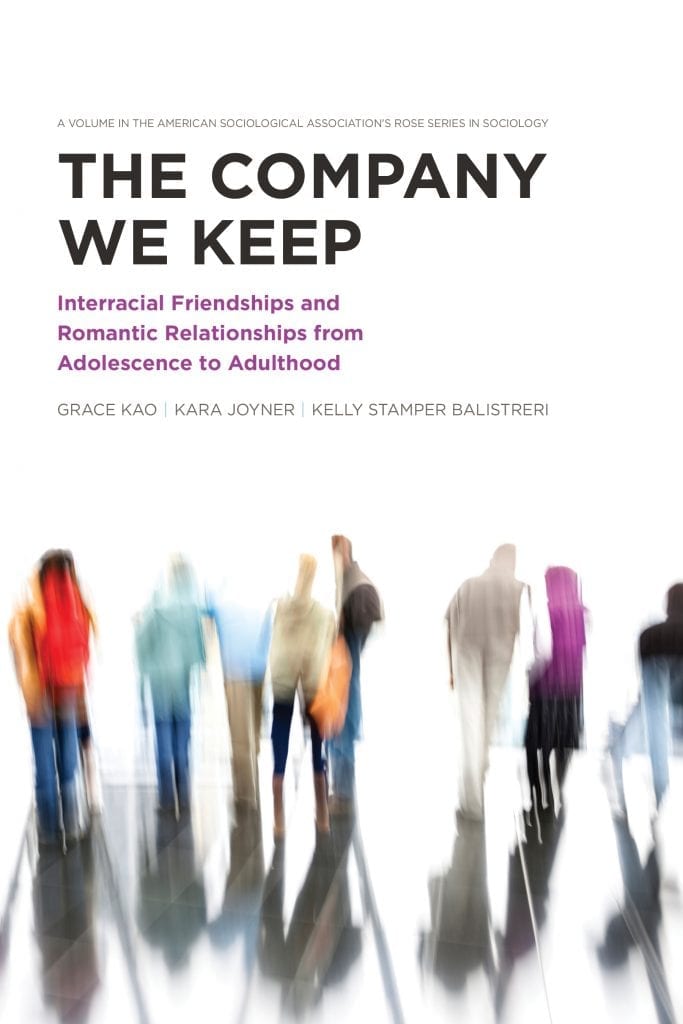


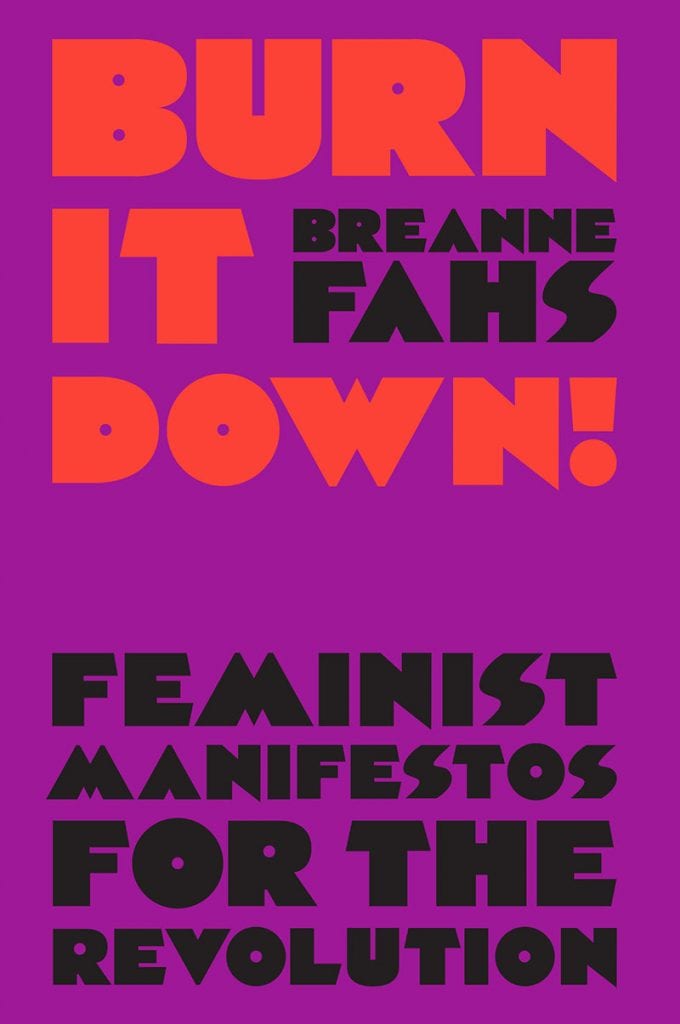

On paper, psychologist Dr. Shalom Camenietzski seemed to have it all—a beautiful family, a thriving practice, and supportive friends and colleagues. But in reality, he lived a life of turmoil—obsessive daydreams of taking his life, flamboyant periods of mania, disturbing acts of violence against his wife and son, and various episodes of psychosis, one of which would see him speeding his car the wrong way up Toronto’s Gardiner Expressway. Able to understand the clinical profile of his bipolar disorder, he was nonetheless powerless to stop it.



Out of the Crazywoods is the riveting and insightful story of Abenaki poet Cheryl Savageau’s late-life diagnosis of bipolar disorder. Without sensationalizing, she takes the reader inside the experience of a rapid-cycling variant of the disorder, providing a lens through which to understand it and a road map for navigating the illness. The structure of her story—impressionistic, fragmented—is an embodiment of the bipolar experience and a way of perceiving the world.
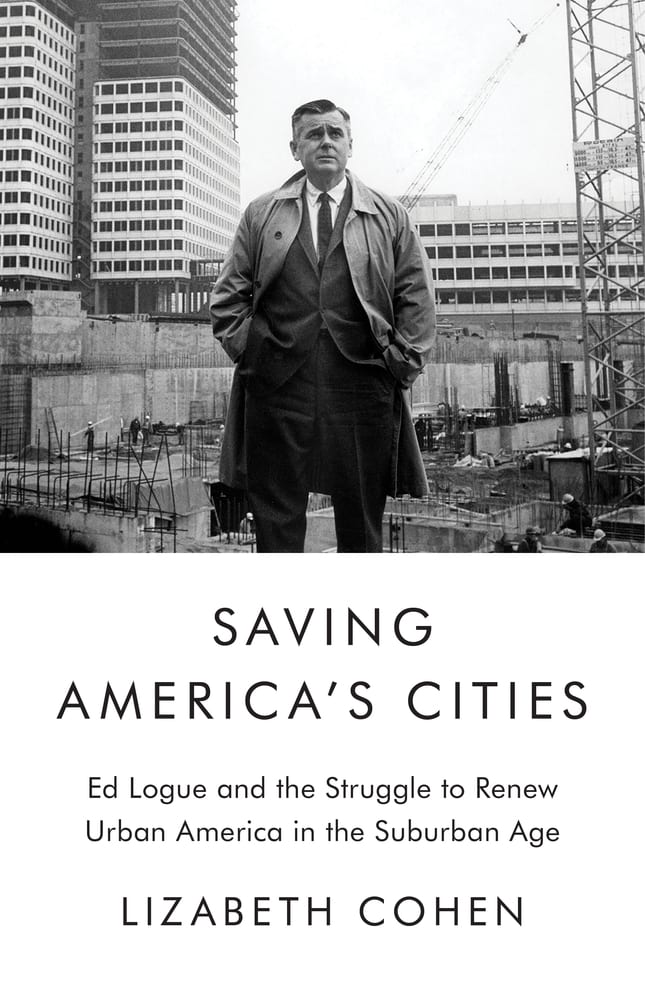


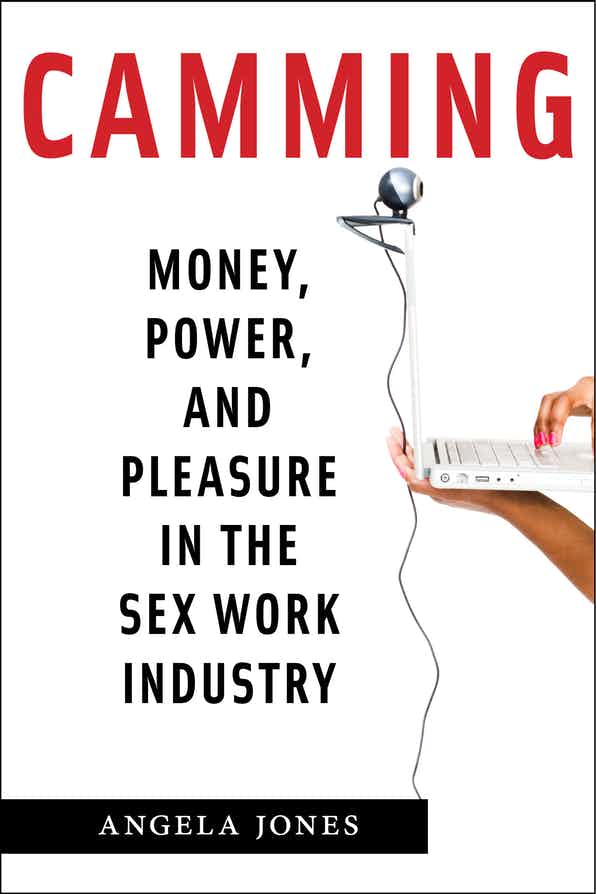
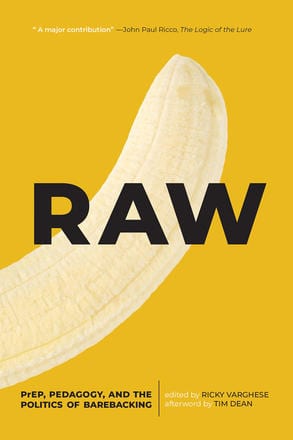
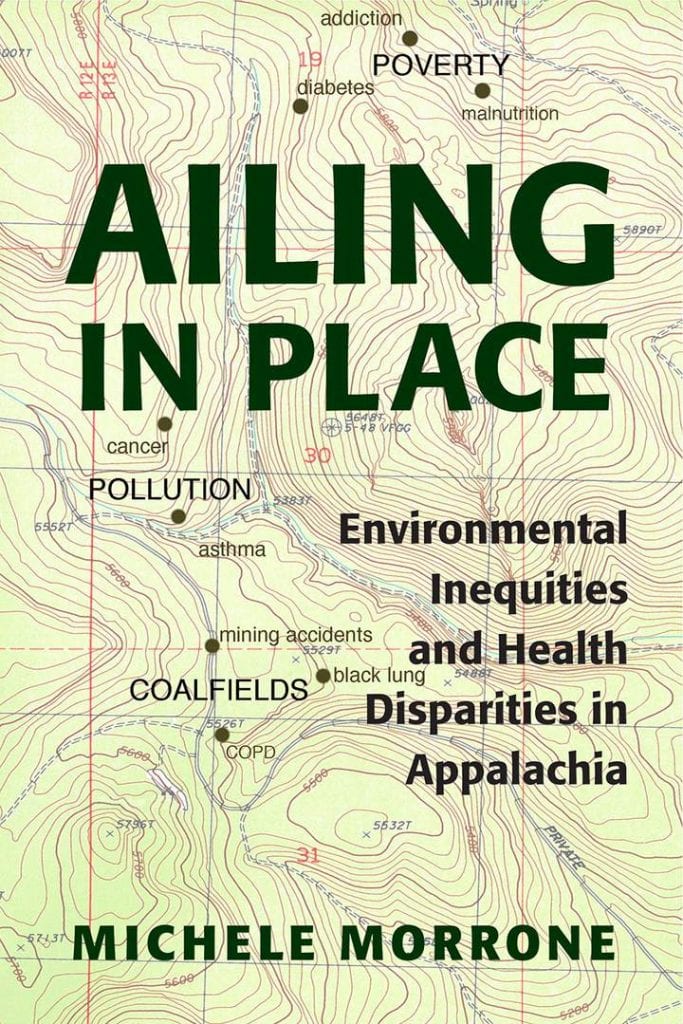
In Ailing in Place, Michele Morrone explores the relationship between environmental conditions in Appalachia and health outcomes that are too often ascribed to individual choices only. She applies quantitative data to observations from environmental health professionals to frame the ways in which the environment, as a social determinant of health, leads to health disparities in Appalachian communities. These examples—these stories of place—trace the impacts of water quality, waste disposal, and natural resource extraction on the health and quality of life of Appalachian people.
